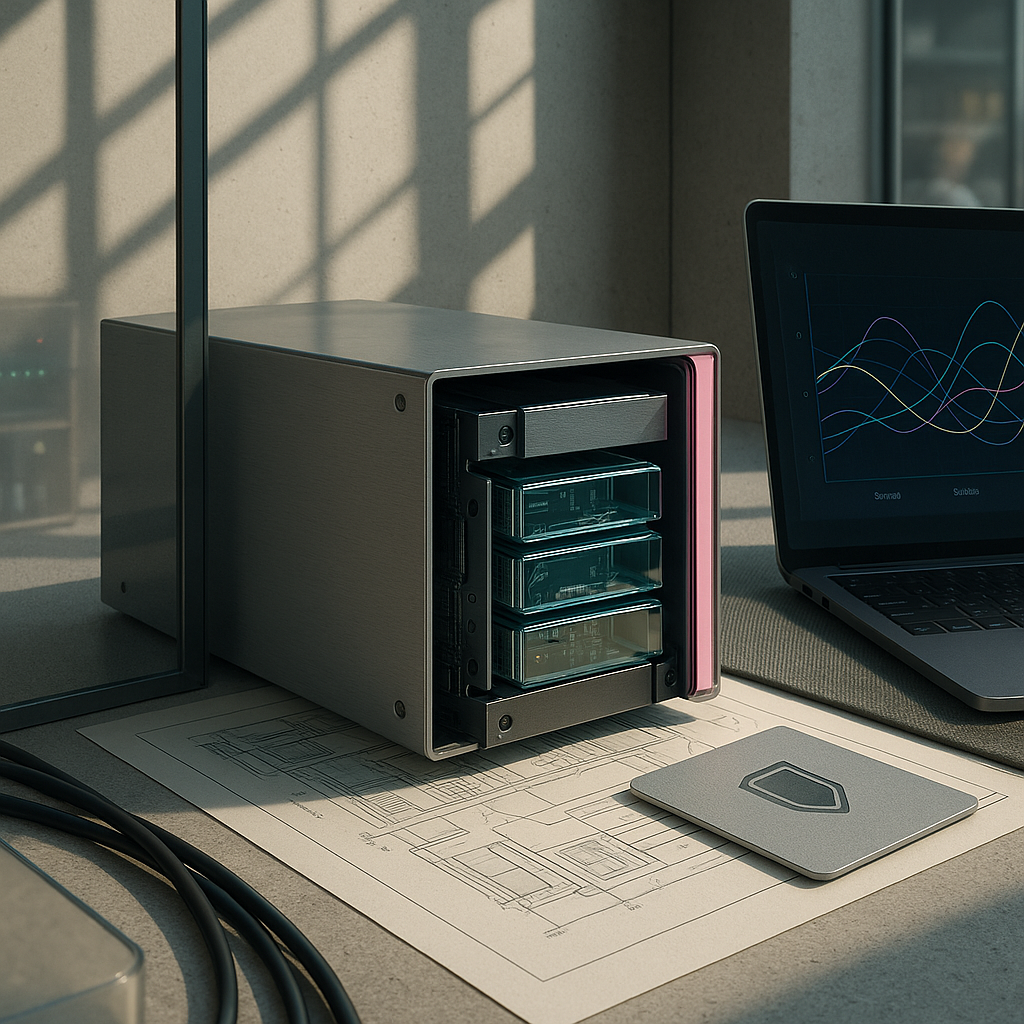Retrieval Is the New AI Foundation: Hybrid RAG and Trove Lead
Published Nov 18, 2025
Worried about sending sensitive documents to the cloud? Two research releases show you can get competitive accuracy while keeping data local. On Nov 3, 2025 Trove shipped as an open-source retrieval toolkit that cuts memory use 2.6× and adds live filtering, dataset transforms, hard-negative mining, and multi-node runs. On Nov 13, 2025 a local hybrid RAG system combined semantic embeddings and keyword search to answer legal, scientific, and conversational queries entirely on device. Why it matters: privacy, latency, and cost trade-offs now favor hybrid and on‐device retrieval for regulated customers and production deployments. Immediate moves: integrate hybrid retrieval early, vet vector DBs for privacy/latency/hybrid support, use Trove-style evaluation and hard negatives, and build internal pipelines for domain tests. Outlook: ~80% confidence RAG becomes central to AI stacks in the next 12 months.
